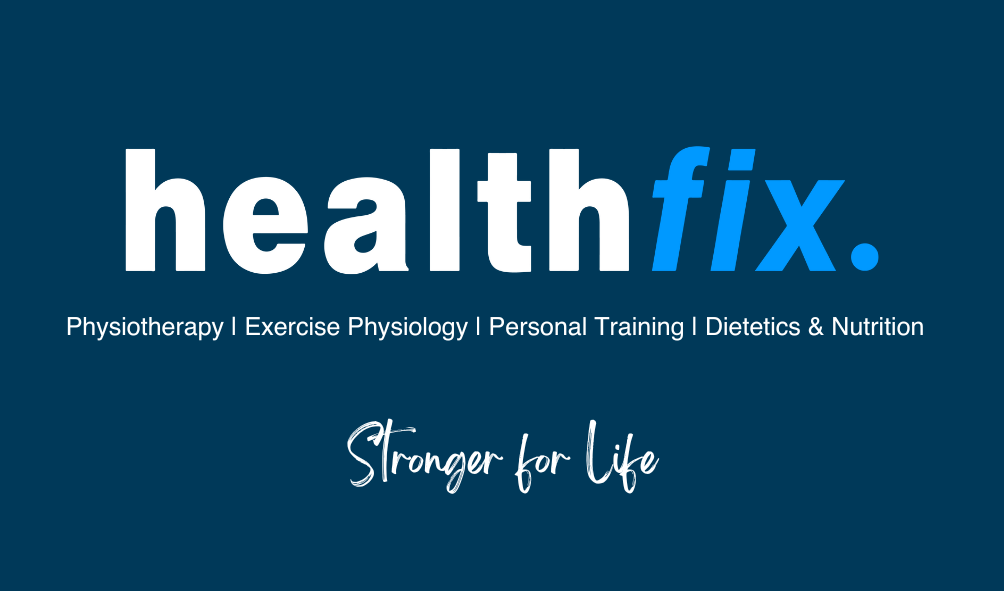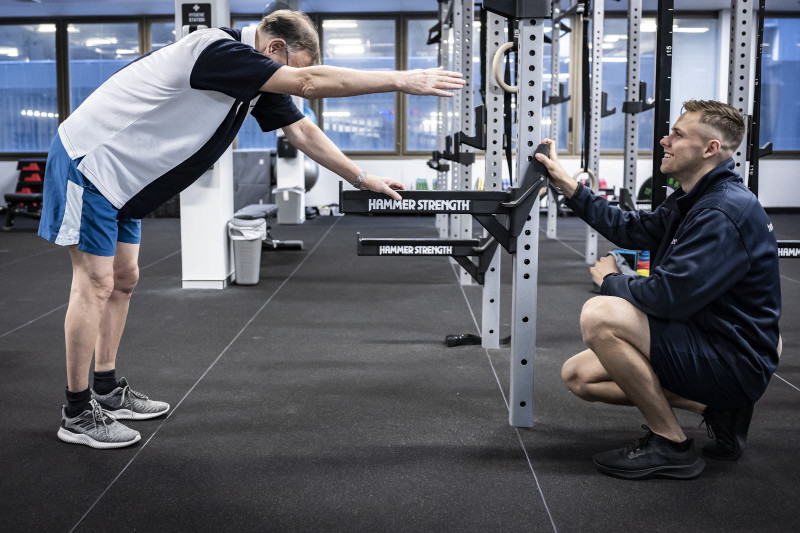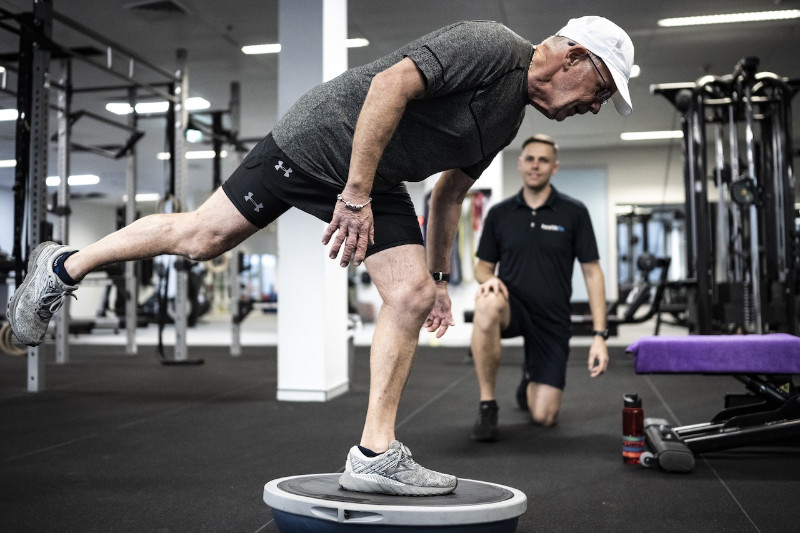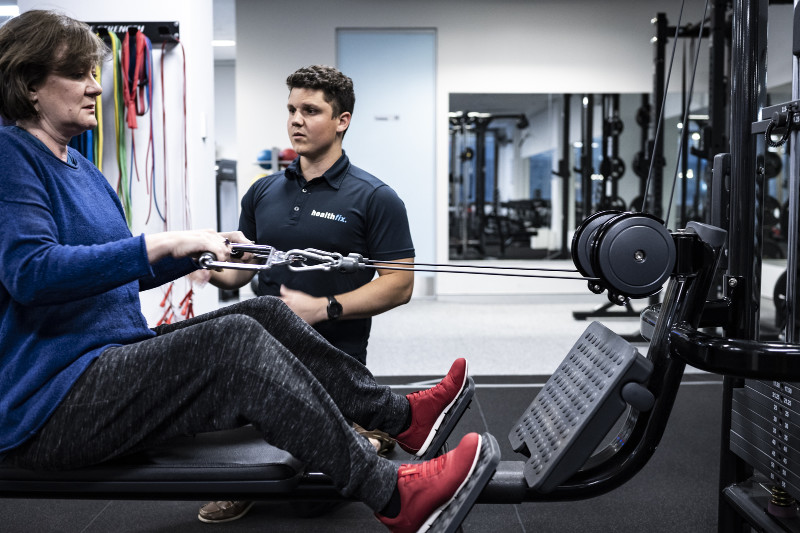
by Ash Cooney | About Healthfix
At Healthfix, our mission is to empower you for a healthier life. We understand that chronic diseases and recurring issues often lead people to use physiotherapy and healthcare as temporary fixes.Whether you’re managing a career, family, or personal health...

by Ash Cooney | Conditions, Latest News
Exploring All Things Diabetes with Dr. Devina Joshi: Expert Insights for Optimal Management At Healthfix we are passionate about empowering our community with valuable information and resources for a healthier and happier life. Today, we are excited to share an...

by Ash Cooney | About Healthfix, Conditions, Latest News
According to the World Health Organization, diabetes affects over 420 million people worldwide, with numbers expected to rise in the coming years. Diabetes is a chronic disease that affects the way the body processes glucose, a type of sugar that is the body’s...

by Ash Cooney | Conditions
Osteoarthritis is a common chronic disorder of the joints and mainly affects older adults and managing osteoarthritis pain can be challenging and overwhelming. Read on to see how Exercise Physiology can help! What is Osteoarthritis? In healthy joints, cartilage...

by Ash Cooney | Conditions
Maximising the Benefits of Exercise for People with Multiple Sclerosis in North Sydney Exercise is an essential component of managing multiple sclerosis (MS), a chronic autoimmune disease that affects the central nervous system. MS can cause physical and cognitive...






